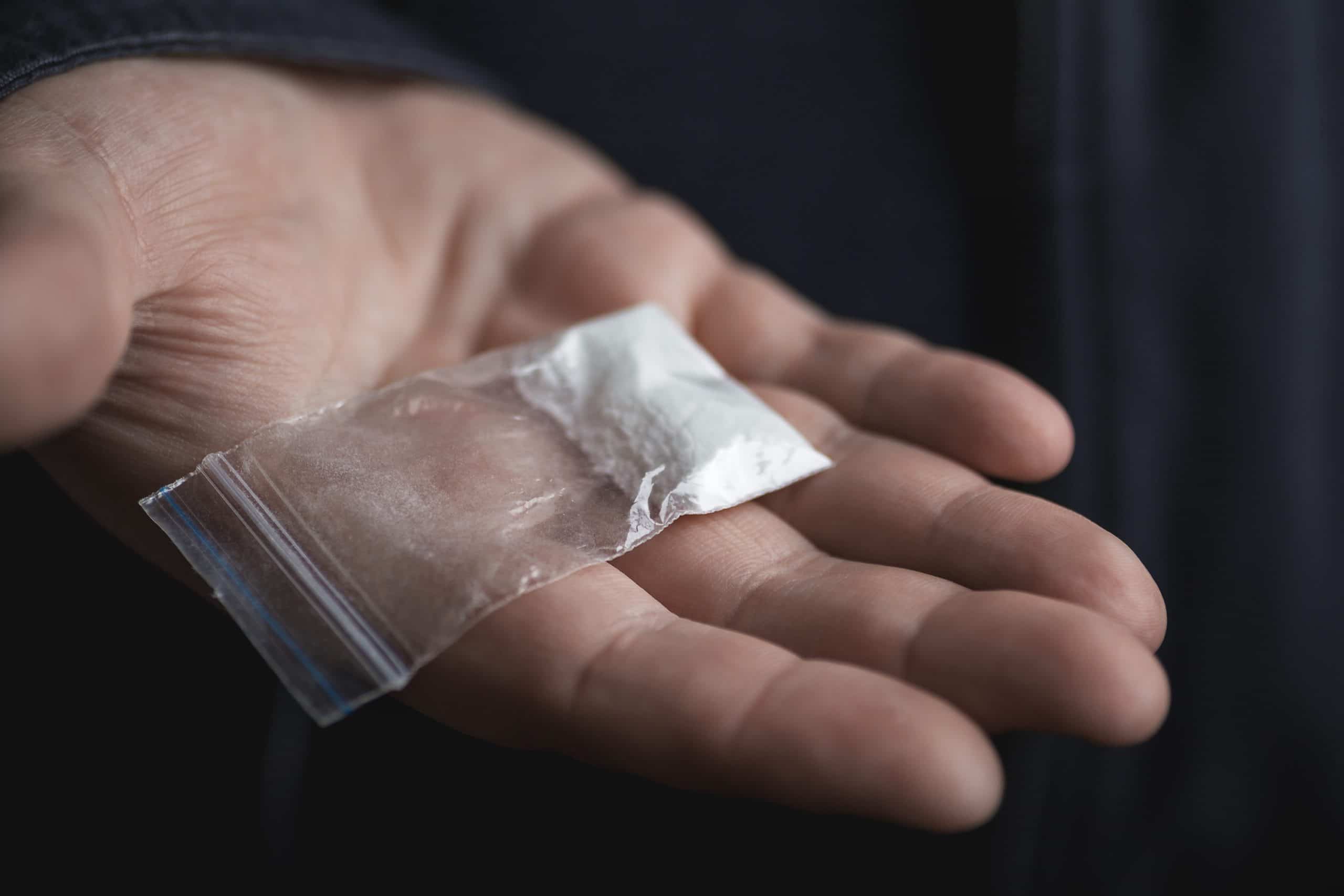You know your loved one better than anyone else, so you know when something is just not right. You may not immediately suspect drugs or alcohol as the cause of their changed behavior or appearance, but sometimes drugs are the reason. Different drugs produce different signs and symptoms. As you gather information, you may feel more like a detective, which means that you need to know what the changes you are seeing might mean. You’ll want to understand the effects of different drugs so that you can learn if they are exhibiting the signs of someone high on heroin, cocaine, methamphetamines, or other drugs. For example, the symptoms of crack use include decreased appetite, possible weight loss from not eating, mood swings, appearing to be moving faster, and more. Once you begin to put together the information, the next step will be assessing their willingness to get help to get sober. At Evolve Indy, we understand how overwhelming it can feel when a loved one is active in their addiction. We are here to support you and your loved ones as they make their way to recovery.
What Is Crack Cocaine?
Crack cocaine is a very addictive form of cocaine that is usually smoked. Common street names for crack cocaine include rock, rock candy, candy, grit, dice, hail, sleet, ball, base, tornado, and nuggets. Derived from powder cocaine, crack produces an immediate high. Crack is made by mixing powdered cocaine with water and ammonia or sodium bicarbonate. The mixture is boiled until a solid substance forms, which is then broken into chunks or rocks that are sold as crack. Because it is less expensive than powdered cocaine, it is more readily available and more affordable. Crack cocaine hits the system quickly because it is typically inhaled through the lungs. Its use carries a high risk of respiratory arrest. Crack cocaine, like other forms of cocaine, produces feelings of happiness and excitement, but these feelings can change quickly.
What Are the Signs of Crack Use?
Using any form of cocaine speeds up the body. It increases body temperature, heart rate, and blood pressure. Using cocaine also causes headaches, stomach aches, nausea, and decreases your appetite. Users may report numbness in their throat, nose, and mouth. As someone continues to use crack, they may also show signs of respiratory effects. Because the drug is often smoked, the individual may begin experiencing a cough and shortness of breath.
While crack cocaine can produce feelings of happiness, crack cocaine users experience significant mood swings. Individuals may seem angry, nervous, and paranoid. The mood swings will coincide with whether they are using or coming down from using. Many of their actions will seem illogical. In some cases, those who use crack cocaine will become aggressive. You may also start to see drug paraphernalia such as pipes, glass cylinders, or even metal cans used to smoke crack. Whenever you suspect that someone you love is using drugs and alcohol, you’ll want to take a step back and objectively examine their behavior and any physical changes.
How to Get Help With Drug or an Alcohol Addiction Today
At Evolve Indy, we understand the heartbreak of addiction and what’s needed to build a life in recovery. We know what it takes to get free from drugs, and we have programs to meet your loved one’s needs. We understand how to help someone build a foundation to set them up for long-term sobriety. We partner with our clients to help them achieve success in recovery. We have a wide variety of programs that blend traditional and non-traditional therapies to treat addiction. Our programs range from residential to outpatient, and we will work to find the best fit. Contact us today to see how we can best support your loved one in their journey to sobriety.

